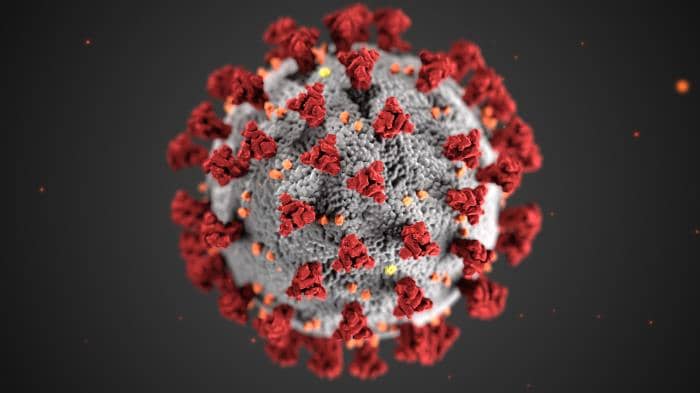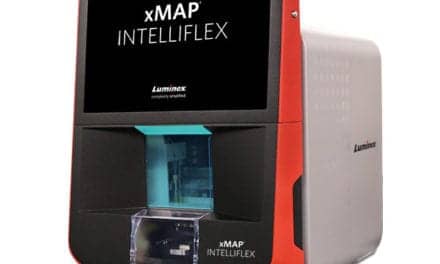Abbott, Abbott Park, Ill, has received a CE Mark for its new quantitative SARS-CoV-2 immunoglobulin G (IgG) lab-based serology test, and the test will soon be submitted for FDA emergency use authorization. IgG antibody testing that gives a quantitative result provides important insights to people as they recover from covid-19 and helps evaluate a person’s immune response to a vaccine.
Countries around the world are preparing for the authorization and the distribution of covid-19 vaccines. As these vaccines become available, healthcare professionals and researchers will need to assess how individuals and communities are responding.
“Testing will continue to help both identify those who are infected as well as determine whether people have had a natural or vaccine-induced immune response,” says John Hackett, PhD, divisional vice president of Applied Research and Technology for Abbott’s diagnostics business. “Quantitative antibody testing can help provide greater understanding of a person’s immune response.”
The Evolution of Serology Testing during Covid-19
During the early months of the pandemic, Abbott launched its first covid-19 IgG antibody blood test, which detects the nucleocapsid protein of the virus. The qualitative test continues to provide a better understanding of people’s immune response to the virus, including potential duration of the recovery process. The new quantitative antibody test expands on this knowledge by determining both the presence and level (or titer) of antibodies present in the blood.
Abbott’s scientists designed its quantitative assay to detect the spike protein of the virus, which plays an important part in how the virus enters the cells. As the body develops an immune response, antibodies develop and bind to the spike portion of the virus in order to block the protein and ultimately prevent infection.
Several vaccines are designed with the spike protein to trigger that same immune response. Research has also shown a correlation between rising IgG levels that target the spike protein, such as those in Abbott’s quantitative test, and rising levels of neutralizing antibodies, or the specific antibodies that block infections.1,2 Studies are underway to understand the relationship between the levels of antibodies a person has and potential immunity from the virus.
As more is learned about the virus, antibody tests may help
- Determine and monitor a person’s immune response to vaccines, including research to determine how long a response may last
- Assess whether a person’s antibody levels are a result of the body’s natural response to fighting the virus versus a vaccine-induced response
- Evaluate an individual’s level of antibodies to help determine eligibility and potency for convalescent plasma donations3
About the SARS-CoV-2 IgG II Quant Antibody Test
Abbott’s quantitative IgG antibody test is designed to detect levels of IgG antibodies that attach to the virus’ spike protein on the virus surface in serum and plasma from individuals who are suspected to have had covid-19 or in serum and plasma of subjects that may have been infected by SARS-CoV-2.
A study to determine the clinical performance of Abbott’s SARS-CoV-2 IgG II Quant test on its Alinity i instrument found it had 99.60% specificity (ability to exclude false positives) and 99.35% sensitivity (ability to exclude false negatives) in patients tested 15 days or more after symptoms began.
The quantitative IgG test will be available on both the Abbott Architect and Alinity i platforms.
References
1. Poh CM, Carissimo G, Wang B, et al. Two linear epitopes on the SARS-CoV-2 spike protein that elicit neutralizing antibodies in covid-19 patients. Nat Commun. 2020;11(1):2806 doi:10.1038/s41467-020-16638-2.
2. Keech C, et al. Phase 1–2 trial of a SARS-CoV-2 recombinant spike protein nanoparticle vaccine. N Engl J Med Epub. 2020; 383:2320-2332. doi:10.1056/NEJMoa2026920.
3. Shen C, et al. Treatment of 5 critically ill patients with COVID-19 with convalescent plasma. JAMA. 2020;323(16):1582-1589. doi:10.1001/jama.2020.4783.





